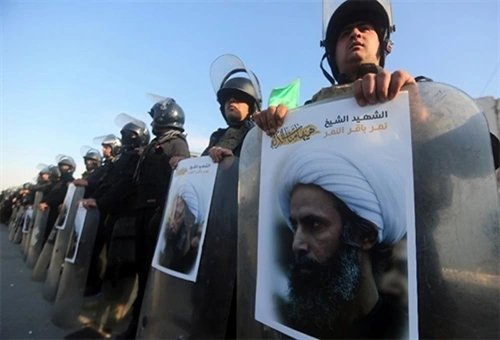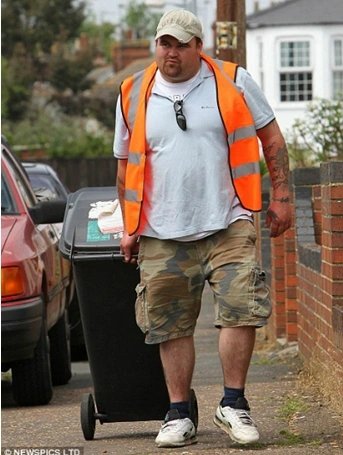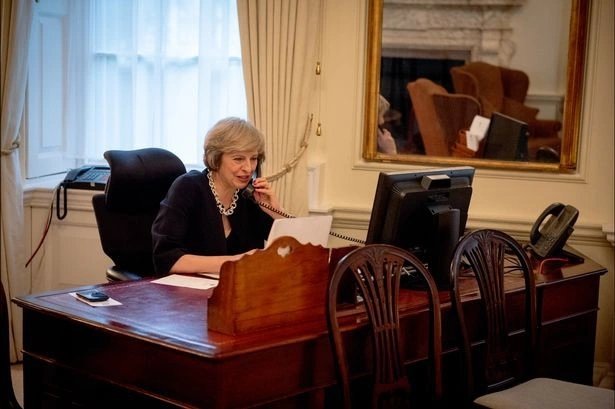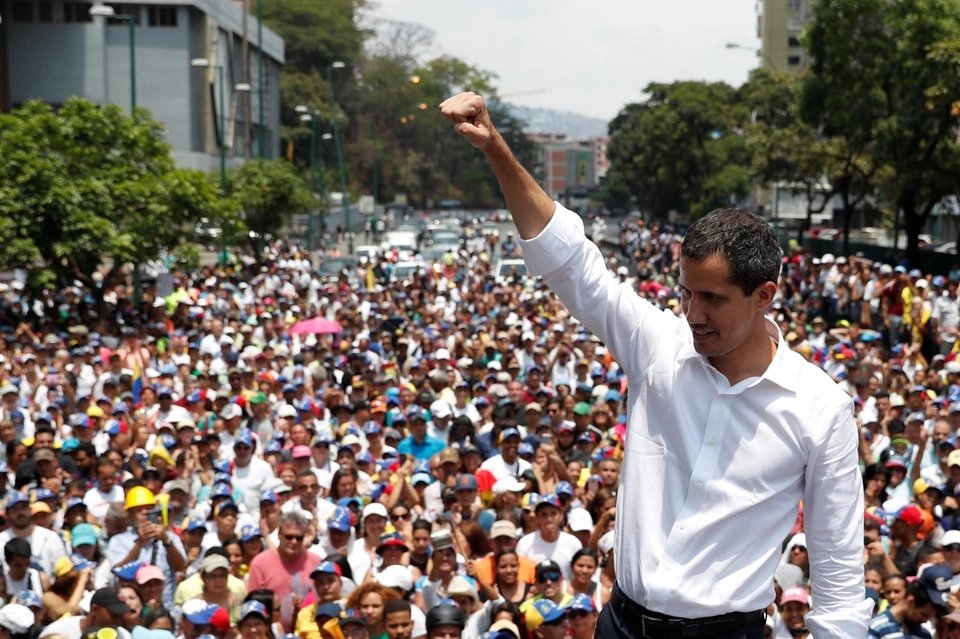
The number of Covid-19 infections and deaths in April in the Gaza Strip rose to a record high in the worst outbreak since the beginning of the pandemic.
However, while some Covid-19 treatment wards were still crowded, another disaster struck.
Aid agencies warn that the war could cripple the health system that is struggling to cope with the pandemic in the Gaza Strip, leading to new Covid-19 outbreaks amid chaotic fighting.
A Covid-19 patient breathing oxygen in the intensive care room in the Gaza Strip on May 6.
According to the Palestinian Ministry of Health, at least 103 Palestinians were killed and more than 580 injured because of Israeli attacks in Gaza.
The violence had immediate consequences.
`The streets of Gaza are now deserted, with only ambulances rushing to transport war victims to hospitals and medical centers. Medical staff are unable to fight Covid-19,` Raja Musleh
A prolonged conflict between Israel and Hamas is expected to have catastrophic humanitarian consequences, such as Gaza’s ability to fight Covid-19 in the long term.
`Even before the pandemic, Gaza had serious problems in its health system, affecting the quality of health care for its people. Covid-19 pushed that fragile system to the brink.`
`If the conflict escalates, Gaza’s health system will not be able to cope. The increased number of injured people and Covid-19 patients risks leading to a complete collapse, or close to it,` Zakkout
The World Health Organization (WHO) said Gaza has recorded more than 103,000 cases of nCoV infection, of which at least 930 people have died since the beginning of the pandemic.
Although the number of infections in Gaza appears to have peaked, WHO last week said the nCoV positivity rate remained high, up to 28%.
`The Palestinian territories, including Gaza, are among the places witnessing the worst Covid-19 situation in the world. The number of reported cases is high, and the number unreported is also high.

Location of Gaza Strip and Jerusalem.
Last week, just before the Israel-Hamas fighting broke out, nearly half of Gaza’s intensive care (ICU) beds were used to treat Covid-19 patients, according to WHO.
`Vaccination work had to stop because of the war,` Zakkout said.
`Currently, no goods or people can enter Gaza because the borders are closed. This means that medical supplies, including vaccines, cannot be transported in either,` Muench pointed out.
`In addition, fuel to run generators cannot be brought in, while Gaza officials warn that power outages will increase, including to hospitals. Gaza is likely to lose power completely for several days.`
Another concern is that new Covid-19 clusters will break out as displaced families seek refuge with relatives or neighbors to avoid airstrikes.
`We don’t know how long things will last, what the health system will look like, and what number of casualties we’re going to face,` said Hellen Ottens-Patterson, the group’s Palestine leader.








